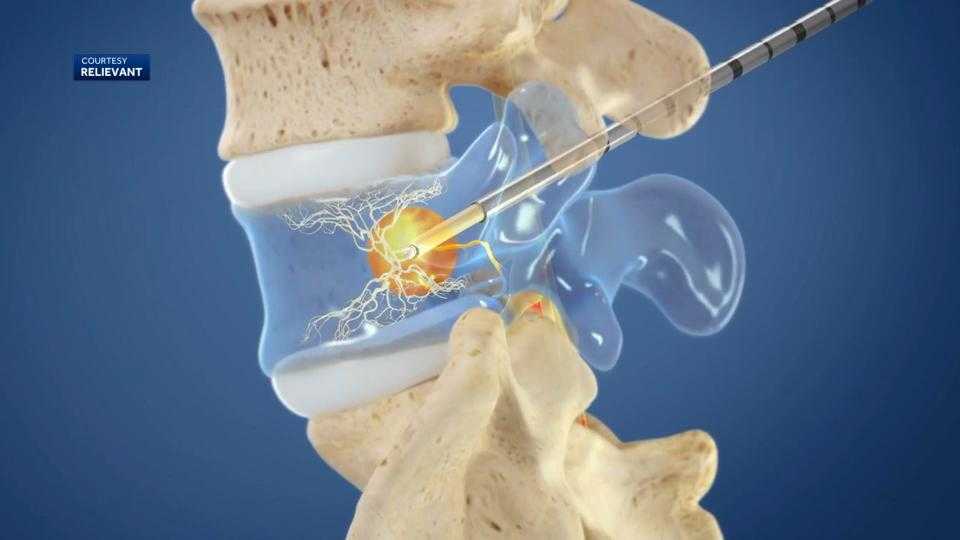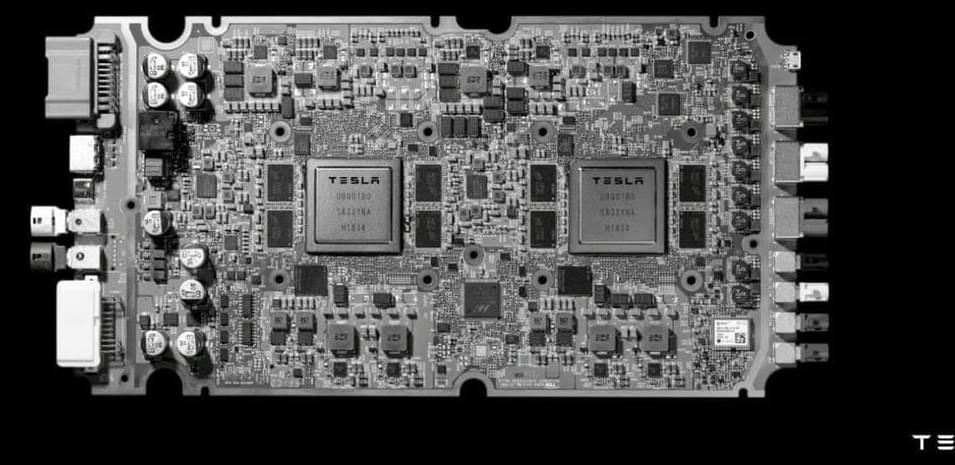
Veteran actor Tabassum Govil best known for hosting India’s first TV talk show Phool Khile Hain Gulshan Gulshan passed away at the age of 78 following a cardiac arrest on Friday (November 18). Elderly or people over 70 are more at risk of sudden cardiac arrest than the rest as one may have more chronic conditions like diabetes, high BP, smoking, previous heart attacks, weak heart. According to studies, elderly individuals have lower resuscitation and survival rates than younger individuals after in-hospital cardiac arrest. Staying active, eating healthy — food rich in fibre, devoid of saturated fats, added sugar and salt and high in whole grains can help keep your heart strong and healthy. Managing risk factors for heart attack is also advisable. (Also read: Tabassum of Phool Khile Hain Gulshan Gulshan fame dies at 78)
“In elderly, we have to identify the risk factors for sudden cardiac arrest, like, diabetes, high BP, smoking, previous heart attacks, weak heart. If any of these are present, a cardiologist’s consultation should be taken who would conduct simple tests like ECG, Echo and TMT to ascertain risk of sudden cardiac arrest. If the risk is high, they should be counselled to control their diabetes, blood pressure, and regular medical check-ups to detect any red flags,” says Dr. Nishith Chandra, Principal Director — Interventional Cardiology, Fortis Escorts Heart Institute, Okhla Road, New Delhi.

















